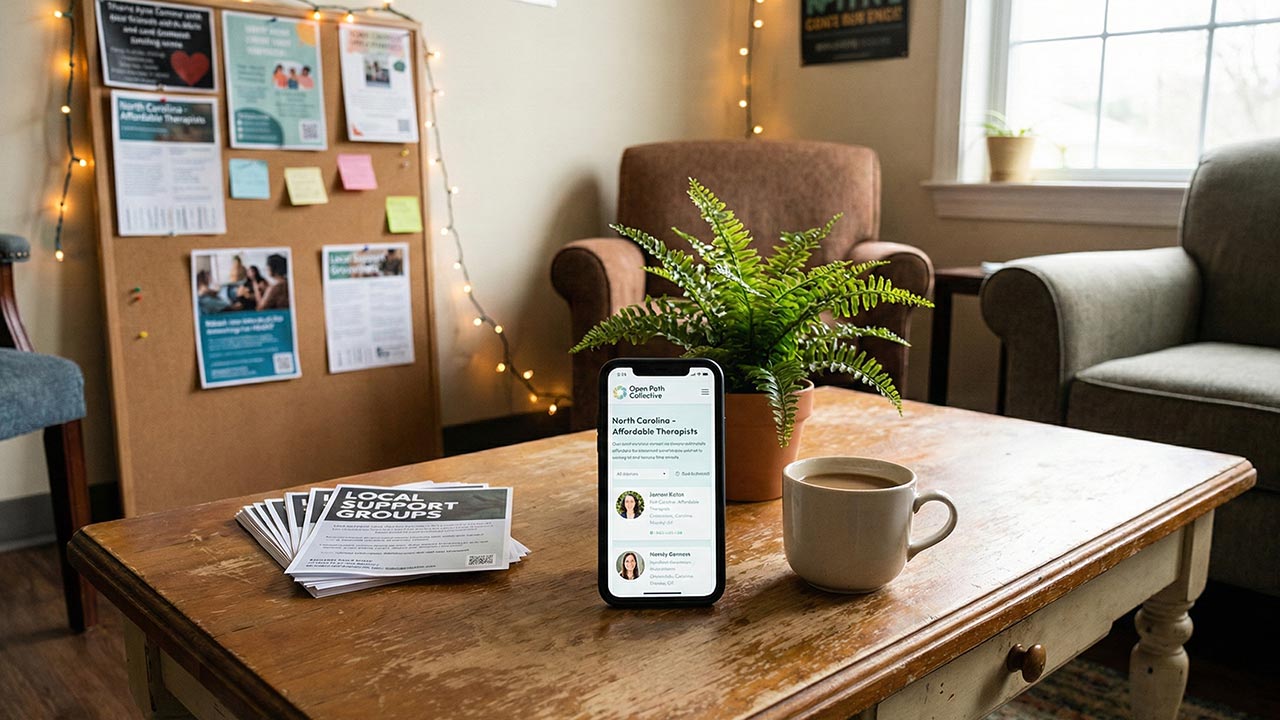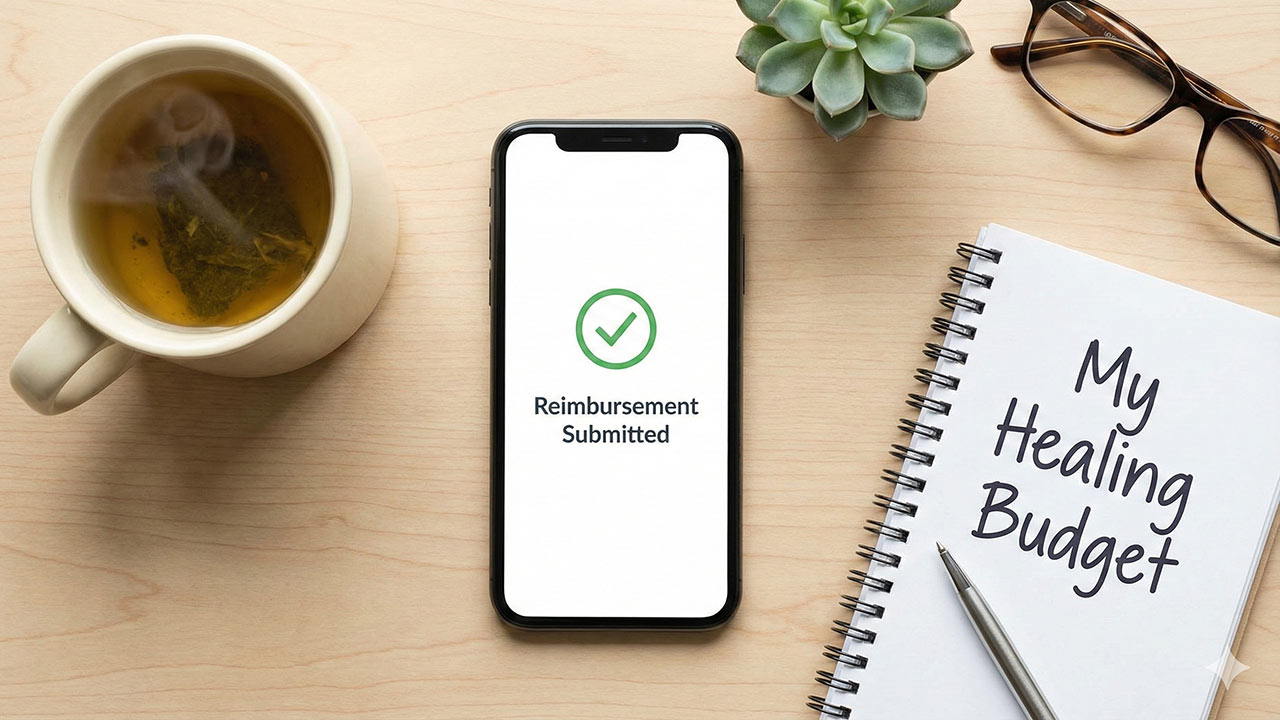In a world that often misunderstands or marginalizes their experiences, individuals within the LGBTQIA+ community often face unique challenges when seeking mental health support. From societal stigma to internalized struggles, the journey towards self-acceptance and healing can be complex. However, amidst these challenges, there exists a beacon of hope: LGBTQIA therapy. This specialized form of therapy offers a safe and supportive space where individuals can explore their identities, navigate their emotions, and embark on a path towards personal growth and fulfillment. In this blog post, we’ll delve into the significance of LGBTQIA therapy, explore its benefits, and provide guidance on how to find the right support for those in need. Whether you’re a member of the LGBTQIA+ community or an ally seeking to understand and support loved ones, this exploration aims to shed light on the vital role of therapy in fostering acceptance, resilience, and healing.
Navigating LGBTQIA Therapy: A Guide to Finding Support and Healing

Seeking therapy can be a transformative journey toward self-discovery, healing, and growth. For individuals who identify as LGBTQIA (Lesbian, Gay, Bisexual, Transgender, Queer, Intersex, Asexual), finding a therapist who is affirming, understanding, and supportive of their identities and experiences is essential. In this guide, we’ll explore the importance of LGBTQIA-affirmative therapy and provide practical tips for navigating the therapeutic process to find the support and healing you deserve.
Understanding LGBTQIA-Affirmative Therapy
LGBTQIA-affirmative therapy is a specialized approach that recognizes and validates the unique experiences, challenges, and strengths of LGBTQIA individuals. Unlike traditional therapy, which may overlook or pathologize LGBTQIA identities, affirmative therapy aims to create a safe, inclusive, and supportive environment where clients can explore their identities and experiences without fear of judgment or discrimination.
The Importance of Representation
When seeking a therapist, it’s crucial to look for someone who is not only qualified and experienced but also affirming of LGBTQIA identities. Representation matters, as therapists who share your identities or have experience working with LGBTQIA clients are better equipped to understand your experiences and provide culturally competent care.
Finding LGBTQIA-Affirmative Therapists
Start your search for an LGBTQIA-affirmative therapist by seeking recommendations from trusted sources, such as LGBTQIA community centers, online directories, or word-of-mouth referrals from friends or fellow community members. Take the time to research potential therapists’ backgrounds, credentials, and approaches to ensure they align with your needs and preferences.
Assessing Affirmative Practices
When reaching out to potential therapists, don’t hesitate to ask questions about their approach to LGBTQIA-affirmative therapy, their experience working with LGBTQIA clients, and their commitment to ongoing education and advocacy. Pay attention to how they respond to your inquiries and whether they demonstrate cultural humility, respect, and affirmation of your identities.
Building Trust and Rapport
Building a strong therapeutic relationship is essential for successful therapy outcomes. Take the time to establish trust and rapport with your therapist by openly discussing your goals, concerns, and expectations for therapy. Be honest and transparent about your identities, experiences, and needs to ensure that your therapist can provide tailored support and guidance.
Healing from Trauma: LGBTQIA-Inclusive Approaches in Therapy

Healing from trauma is a complex and deeply personal journey that requires compassionate support and understanding. For individuals who identify as LGBTQIA (Lesbian, Gay, Bisexual, Transgender, Queer, Intersex, Asexual), addressing trauma within a therapeutic context can be particularly challenging due to the intersection of LGBTQIA identities with experiences of discrimination, violence, and rejection. In this guide, we’ll explore the importance of LGBTQIA-inclusive approaches in therapy for healing from trauma and provide practical strategies for therapists and clients alike.
Understanding LGBTQIA Trauma
LGBTQIA individuals are disproportionately affected by trauma due to experiences of discrimination, rejection, bullying, hate crimes, and microaggressions based on their sexual orientation, gender identity, or expression. It’s essential to recognize the unique impact of LGBTQIA-related trauma on mental health and well-being and to approach therapy with sensitivity, empathy, and cultural competence.
Affirmative Therapy Principles
LGBTQIA-affirmative therapy principles are essential for creating a safe and supportive therapeutic environment for individuals healing from trauma. Affirmative therapists prioritize validation, empowerment, and advocacy for LGBTQIA clients, affirming their identities and experiences while addressing the impact of systemic oppression and discrimination on their mental health.
Cultivating Cultural Competence
Therapists working with LGBTQIA clients must cultivate cultural competence by educating themselves about LGBTQIA identities, experiences, and community resources. This includes understanding the nuances of sexual orientation, gender identity, and expression, as well as the intersections of LGBTQIA identities with race, ethnicity, class, disability, and other social identities.
Creating Safe Spaces
Establishing a safe and inclusive therapy space is essential for LGBTQIA individuals healing from trauma. Therapists can create safe spaces by using gender-affirming language, displaying LGBTQIA-affirmative symbols and resources, and respecting clients’ chosen names and pronouns. Building trust and rapport with LGBTQIA clients is key to creating an environment where they feel validated, respected, and supported in their healing journey.
Addressing Minority Stress
LGBTQIA individuals may experience minority stress, a unique form of stress resulting from experiences of discrimination, stigma, and social marginalization based on their sexual orientation or gender identity. Affirmative therapists help clients identify and cope with minority stressors, develop resilience, and reclaim agency and empowerment in their lives.
Building Resilience: LGBTQIA Therapy as a Tool for Empowerment

Building resilience is a crucial aspect of mental health and well-being, especially for individuals who identify as LGBTQIA (Lesbian, Gay, Bisexual, Transgender, Queer, Intersex, Asexual). LGBTQIA individuals often face unique challenges, including discrimination, rejection, and social stigma, which can impact their mental health and sense of self-worth. In this guide, we’ll explore how LGBTQIA therapy serves as a powerful tool for building resilience and empowering individuals to thrive in the face of adversity.
- Affirmative Therapy Approach: LGBTQIA therapy adopts an affirmative approach that validates and affirms individuals’ identities and experiences. By creating a safe and supportive environment, therapists empower LGBTQIA clients to explore their authentic selves, cultivate self-compassion, and build resilience in the face of societal challenges.
- Identity Affirmation: Affirmative therapists prioritize identity affirmation, recognizing the importance of validating clients’ sexual orientation, gender identity, and expression. Through affirming language, respect for chosen names and pronouns, and acknowledgment of diverse identities within the LGBTQIA community, therapists help clients embrace their authentic selves and build confidence in their identities.
- Coping Skills Development: LGBTQIA therapy equips clients with coping skills to navigate the unique stressors and challenges they may face due to their sexual orientation or gender identity. Therapists help clients develop adaptive coping strategies, such as mindfulness, self-care practices, and assertive communication, to effectively manage stress, anxiety, and depression.
- Community Support: Affirmative therapists recognize the importance of community support in building resilience among LGBTQIA individuals. Therapy may involve connecting clients with LGBTQIA-affirmative support groups, community organizations, and online resources where they can find validation, acceptance, and solidarity with others who share similar experiences.
Conclusion
LGBTQIA Therapy: Finding Support and Healing is crucial for fostering mental health and well-being within the LGBTQIA community. With businesses like Resilient Mind Counseling PLLC in Asheville, North Carolina, offering support through their services, individuals have access to a safe and understanding space where they can explore their identities, address challenges, and embark on a journey towards healing. By providing specialized therapy tailored to the unique experiences and needs of LGBTQIA individuals, such establishments play a vital role in promoting acceptance, resilience, and empowerment. Through such initiatives, we move closer to creating a society where everyone, regardless of sexual orientation or gender identity, can thrive and lead fulfilling lives.














